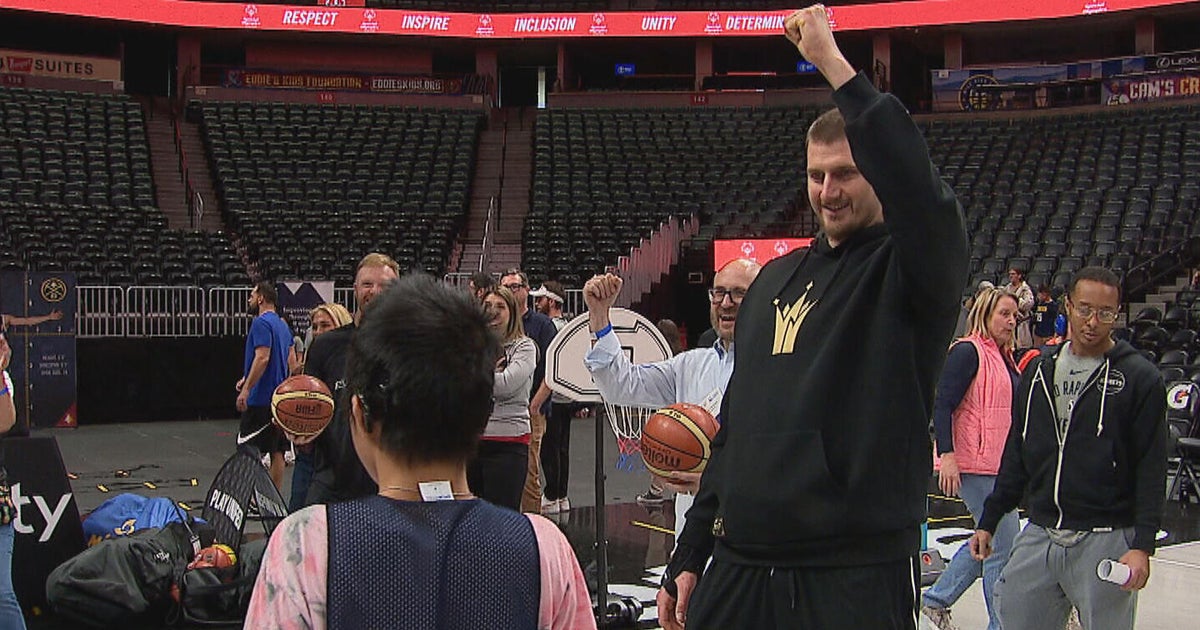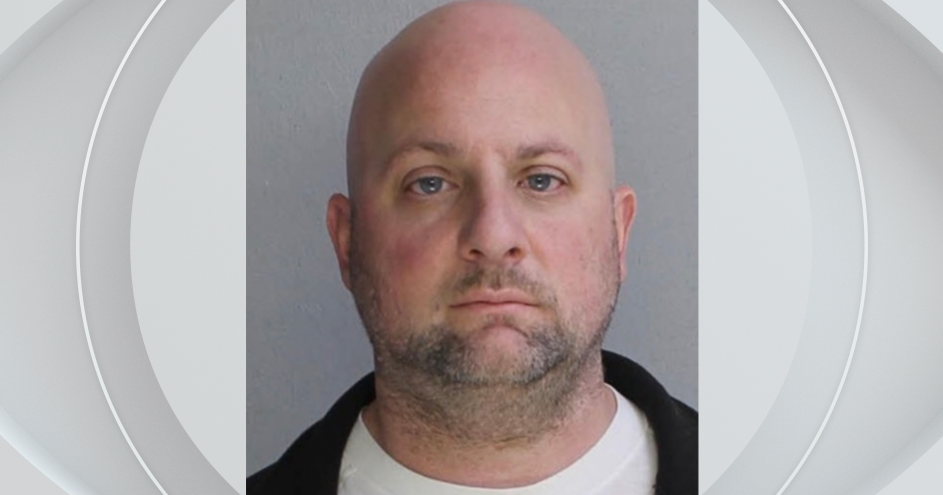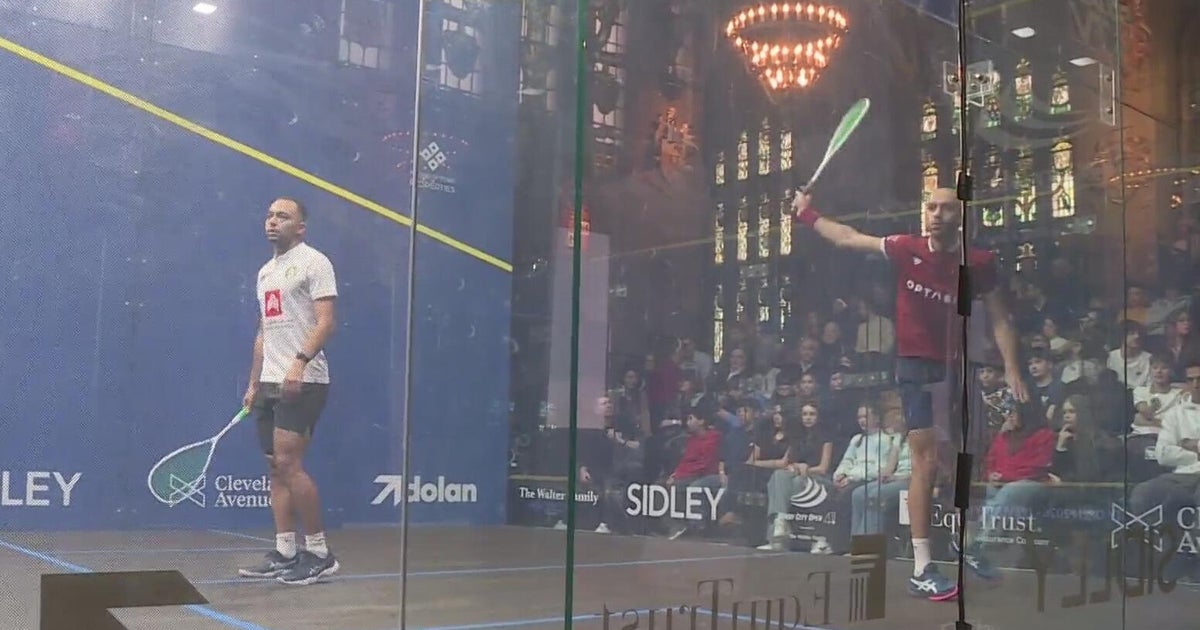Coronavirus fears shadow this year's March Madness tournament
College basketball players in the U.S. want to hold this year's March Madness tournament in empty stadiums due to the coronavirus, a move that would cost cities hosting the annual competition tens of millions in tourism dollars.
The National College Players Association (NCPA), a nonprofit group that advocates on behalf of college athletes, said in a statement on Saturday that "there should be a serious discussion about holding competitions without an audience present." The NCAA, which oversees college sports, isn't doing enough to protect young athletes from the disease, the group added.
The NCAA said it's up to individual colleges to ensure players and coaches don't have coronavirus before arriving at the tournament.
"NCAA staff continues to prepare for all winter and spring championships," NCAA spokeswoman Stacey Osburn told CBS MoneyWatch. "But we are keenly aware of coronavirus and will continue to monitor in coordination with state/local health authorities and the CDC."
Public health officials haven't said that people should avoid attending mass gatherings like sporting events, but the U.S. Centers for Disease Control and Prevention has offered guidance on ways to curb the disease, known as COVID-19. Those include keeping hand sanitizer or sinks with running water and soap on hand at large public venues, as well as picking a space away from the general public to isolate someone who might exhibit symptoms.
During March Madness, which starts March 17 and ends April 6, thousands of people are expected to travel by car, bus and plane and fill up some of the largest public venues in Los Angeles, New York City, Cleveland, St. Louis and 10 other cities hosting rounds of games in the 64-team tournament.
A memo the NCAA sent to colleges about coronavirus preparations said that the organization's "staff will add appropriate safeguards in coordination with campus and local health response teams." But the memo didn't specify what steps the association would take to ward off possible infections, a fact that drew criticism from the NCPA.
"They should also make public which actions will be taken and when," the players association said in the statement. "Precautions should include canceling all auxiliary events that put players in contact with crowds, such as meet and greets and press events."
It's unclear if cities hosting March Madness games are seriously entertaining the idea of keeping out spectators. Clearly, however, cities stand to gain financially from the tens of thousands of people who typically show up for a major sporting event like the NCAA tournament.
More than a dozen U.S. cities have signed deals to host part of the tournament. Atlanta is scheduled to host the championship game, the first time the city has done so since 2013. Atlanta officials estimated that the March Madness tournament seven years ago generated $70 million in economic activity.
Houston, which will host a regional round of games this year, hosted the championship game in 2016 and raked in about $250 million in visitor spending and related economic benefits, city officials reported.
Such economic activity stems from the surge of spending that comes from an influx of college students, players, coaching staff, family members and other fans. Aside from tickets to the game, which cost between $90 and $250 each, there are concerts and fan festivals tied to the tournament.
Chris Gahl, a senior vice president with the Indianapolis visitors bureau, said the city's Lucas Oil Stadium has plans in place to keep fans healthy, adding that "We feel confident this year's regional games will be played in front of a full stadium." Indianapolis is set to host several tournament games between March 26 and March 28.
"We are expecting more than 42,000 fans to generate more than $20 million in economic impact tied to the games played in Indy," Gahl said.
Likewise, Houston is expecting 18,000 people for the March Madness regional championship, city officials said. "To cancel an event or host it without fans in the seats would have a significant impact, but to pinpoint exactly what that impact would be is hard to say," said Janis Burke, CEO of the Houston Sports Authority.
College players aren't the only athletes to express concerns about the virus — the pros are worried as well. The NBA this week advised players to avoid slapping hands with fans and instead employ fist bumps. Players have adopted their own guidelines to combat the disease.
"The Corona Virus has officially hit Oregon. More specifically Lake Oswego," tweeted Portland Trailblazers guard CJ McCollum. "I am officially taking a break from signing autographs until further notice."
Boston Celtics guard Kemba Walker said he isn't ready to go as far as McCollum.
"I'm pretty sure I'm still gonna sign some autographs (but) maybe I should walk around with my own marker," Walker said, according to CBS Boston.



